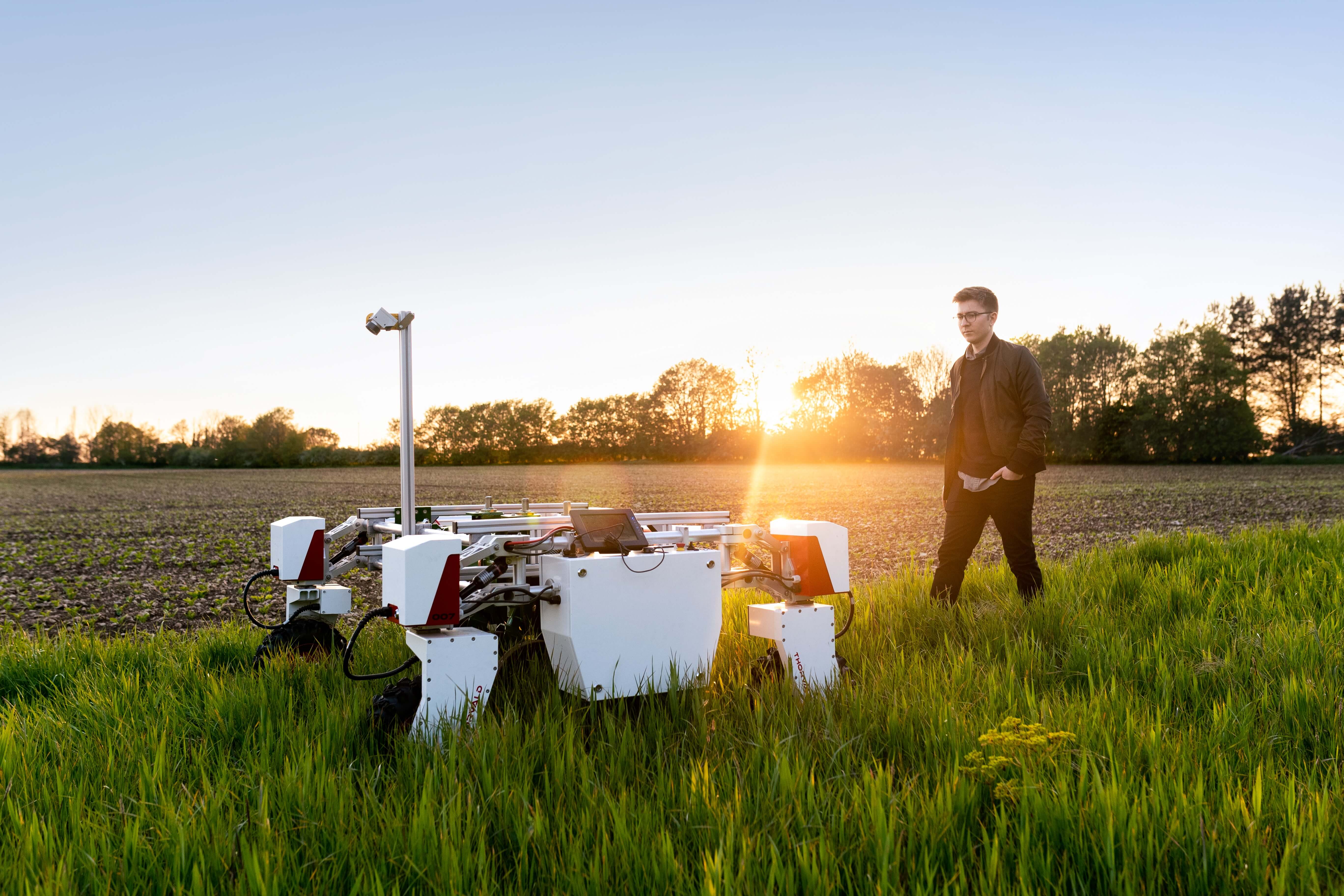A new study in Nature by Chang et al. proposes a data-driven crop model combining the knowledge advantage of process-based modeling and the computational advantage of data-driven modeling. The model tracks the daily biomass accumulation process during the maize growing season and uses daily produced biomass to estimate the final grain yield. Accurate estimation of crop yield predictions is of great importance for food security, particularly under the impact of climate change.
Computational studies using crop yield, field location, genotype, and corresponding environmental data were conducted in the US Corn Belt region from 1981 to 2020. The results suggest that the proposed model can achieve accurate prediction performance with a 7.16% relative root-mean-square error of average yield in 2020 and provide scientifically explainable results. The model also demonstrates its ability to detect and separate interactions between genotypic parameters and environmental variables.
This study’s findings offer valuable insights into the development of a data-driven crop model that has the potential to provide accurate yield predictions, improving food security and enabling farmers to optimize seed selection. Using the proposed model, farmers can make more informed decisions about the crops they plant and improve their yields, ultimately enhancing food security.
The study highlights the importance of using cutting-edge technologies to address real-world food security and sustainability challenges. By continuing to invest in research and developing new crop models, researchers can help ensure a sustainable and resilient food system for future generations. The proposed data-driven crop model offers an innovative approach to solving these challenges and represents a significant step in developing more accurate crop yield predictions.
Read the rest here.



2 Comments